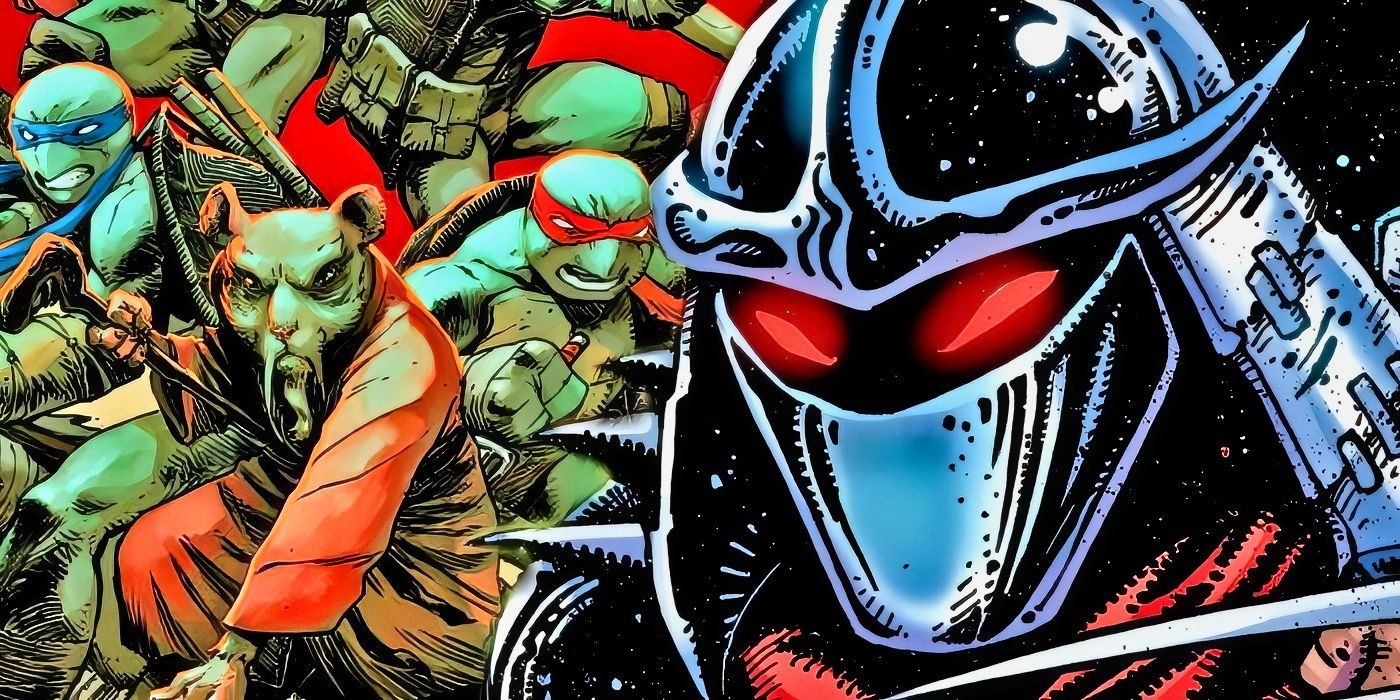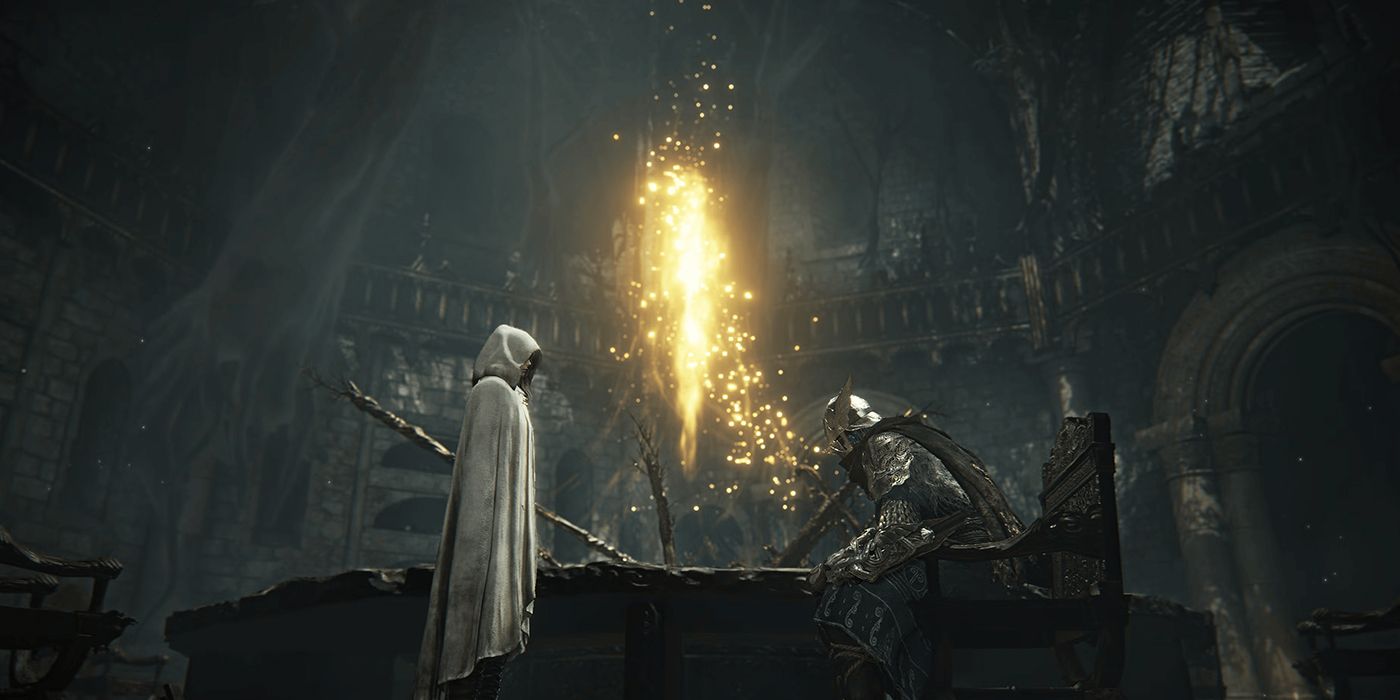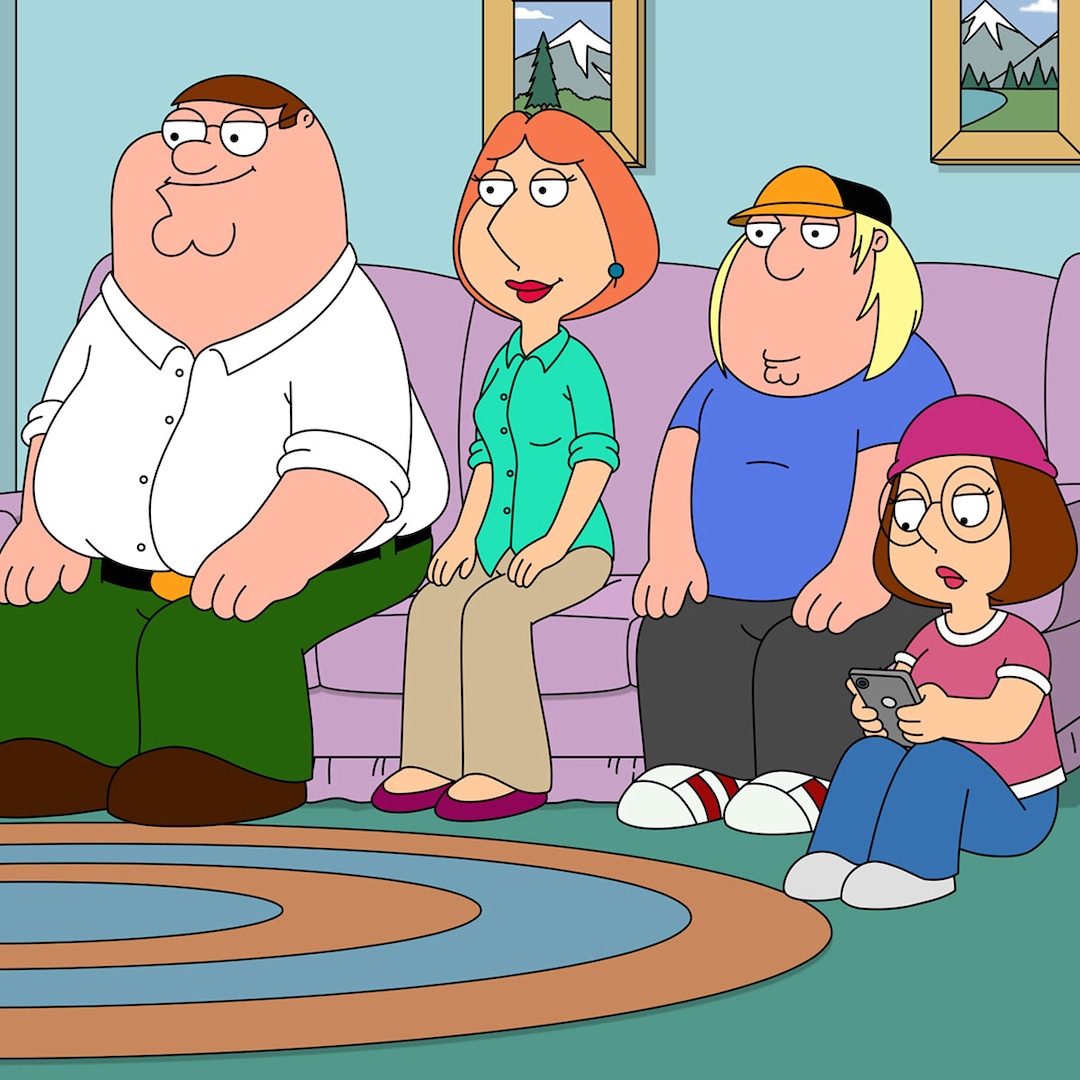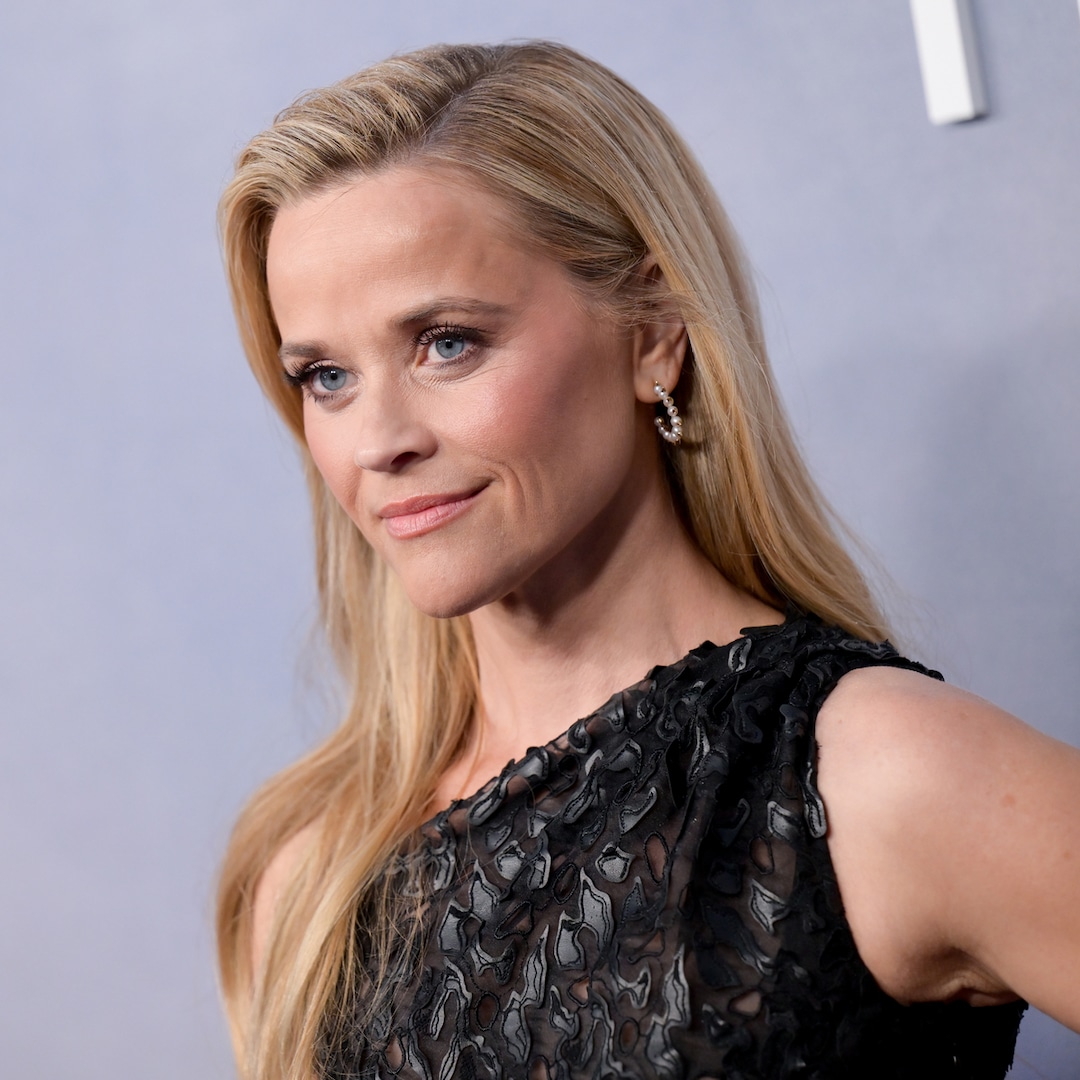There’s no microphone in the world strong enough to pick up a person’s deepest secrets, and yet every time Darcy (a compellingly anxious Dev Patel) takes his sound equipment for a wander around the primordial Welsh countryside, it’s as if the planet is speaking things to him that he could never hope to notice with the naked ear — ancient (and sinister) secrets that have waited centuries on end for someone to hear their confessions.
Such things certainly aren’t what Darcy is trying to find with the field recordings that he makes for his wife Daphne (“Blue Jean” breakout Rose McEwan, earthy and excellent), an experimental musician who interpolates the flutter of grackles and the thrum of the earth into percussive nature music that no one wants to buy in 1976. But so it goes when you try to commune with nature: Much as Darcy and Daphne might think they’re capturing the subliminal noises of the forest that surrounds their new cottage, it would be more accurate to say that they’re receiving them.
“With your eyes, you enter the world,” someone says. “With your ears, the world enters you.” So begins Bryn Chainey’s “Rabbit Trap,” a vague but effectively unsettling slice of trip-folk horror about what happens when the world refuses to leave. When nature starts to resonate from somewhere deep within your bones, and the vibrations eventually grow so loud that Darcy and Daphne are forced to perceive even the parts of themselves they’ve spent their whole lives trying to keep quiet.
It proves hard to pin down precisely what that means, and it only gets harder as Chainey’s sure-handed but increasingly hallucinogenic debut goes off the deep end during its final acts, but “Rabbit Trap” is nothing if not up front about the rules of the game. Sure, the movie eventually stumbles across a variety of recognizable genre signifiers (an ominous circle of mushrooms, a row of bushes that ward off local spirits, a puddle that shudders while the rest of the world lies still, etc.), but only after it’s set its terms on a more elemental level.
In lieu of jump scares, which are too viscerally man-made to make sense in this context, Chainey would prefer to unmoor us with musings about the mysteries of “nature’s music,” and how it forces us to listen for answers beyond the shallow depths of human foibles like fear and shame (the film opens with the sustained image of a dancing sine wave, as if instructing us to watch everything that follows with our ears). Darcy suffers from night terrors that make the audience tense with expectation, but “Rabbit Trap” is less interested in the slimy tree monster that comes with them — or the yellow foam that ejaculates from the cottage walls every time he appears — than it is in the sound of its hero’s panicked breathing. It’s less interested in the emotional dynamic between Darcy and his wife than it is in how the field recordings they bring home from the forest seem to grab Daphne by her sex whenever she hears them.
That’s just as well, as the individual self-loathing these characters hold in their guts is much stronger than any of the resentments they might harbor for each other (unspecified as all of those things remain throughout), but — as part of another grounding horror trope — the scene where this hyper-photogenic couple goes feral on each other right next to Daphne’s fragile studio equipment is followed by a severe comeuppance. In this case: The sudden appearance of a needy but vacant child who looks like a 12-year-old boy, is played by a 12-year-old girl (the marvelous Jade Croot, delivering a deviously hollow performance reminiscent of Barry Keoghan in “The Killing of a Sacred Deer”), and acts like a 1,200-year-old piece of folklore.
We don’t know if Darcy and Daphne wanted a kid (Darcy punts the question when asked), but nature takes its course in one way or another. We also don’t know the child’s name, where it came from, or what happened to its parents. Darcy and Daphne barely think to ask. Logic struggles to get a word in edgewise. After all, few things are more unnerving than a sound without a source, especially when that sound won’t go away. When it starts calling you “Mom” and snickering as it leads you on a winding trail to where the old ones live on the other side of the quarry.
Frustrating as it can be to watch such an intriguing movie get so high on its own supply (the last act is untethered to the point that it can only be understood by the logic of a fable), Chainey’s aggressive refusal to engage with the specifics of Darcy’s inner “rot” or to unpack Daphne’s artistic insecurities allows this delirious three-hander to remain appealingly immune to the “everything is trauma” approach that has made so much of modern horror feel like a form of collective psychotherapy. Equal parts Ben Wheatley’s “In the Earth” and Jerzy Skolomowski’s “The Shout,” “Rabbit Trap” is the sort of experience that could be better explained by certain mushrooms than even even the most detailed internet explainer. It’s definitely the sort of experience that’s best enjoyed by accepting those terms as soon as you can.
Chainey does what he can to get you on his wavelength. The situation at the heart of the movie goes from bad to worse along a linear trajectory, but the horror freak-out promised by its eeriest moments never really bothers to materialize. The jolts never come because sharp noises would only get in the way of a movie that would rather listen for the subtle dissonance that forms between people and their nature — a movie that gets “scarier” as it threatens to reconcile the two by cutting through the noise that Darcy and Daphne use to muffle the parts of themselves they’re afraid to hear.
The most pointed moment of Chainey’s (very spare, very ambiguous) script might be the scene where Darcy locks the child out of the cottage after saying that he could “come back anytime.” It’s an extremely literal example of an idea that “Rabbit Trap” digs into until it burrows a hole straight through the floorboards: Words are lies that we carve out of noise, but the truths they might be used to obscure don’t just peter out into nothingness. “What happens when a sound dies?,” the child asks. “Where does it go?” Darcy is under the impression that it dissolves into molecules, but the child offers another explanation. “Sound is a ghost,” he says, “and your body is the house that it haunts. When you hear a sound, you become the sound.” And once you become the sound, it can only be silenced at your own peril.
Grade: B-
“Rabbit Trap” premiered at the 2025 Sundance Film Festival. It is currently seeking U.S. distribution.
Want to stay up to date on IndieWire’s film reviews and critical thoughts? Subscribe here to our newly launched newsletter, In Review by David Ehrlich, in which our Chief Film Critic and Head Reviews Editor rounds up the best new reviews and streaming picks along with some exclusive musings — all only available to subscribers.

 6 days ago
11
6 days ago
11










 English (US) ·
English (US) ·